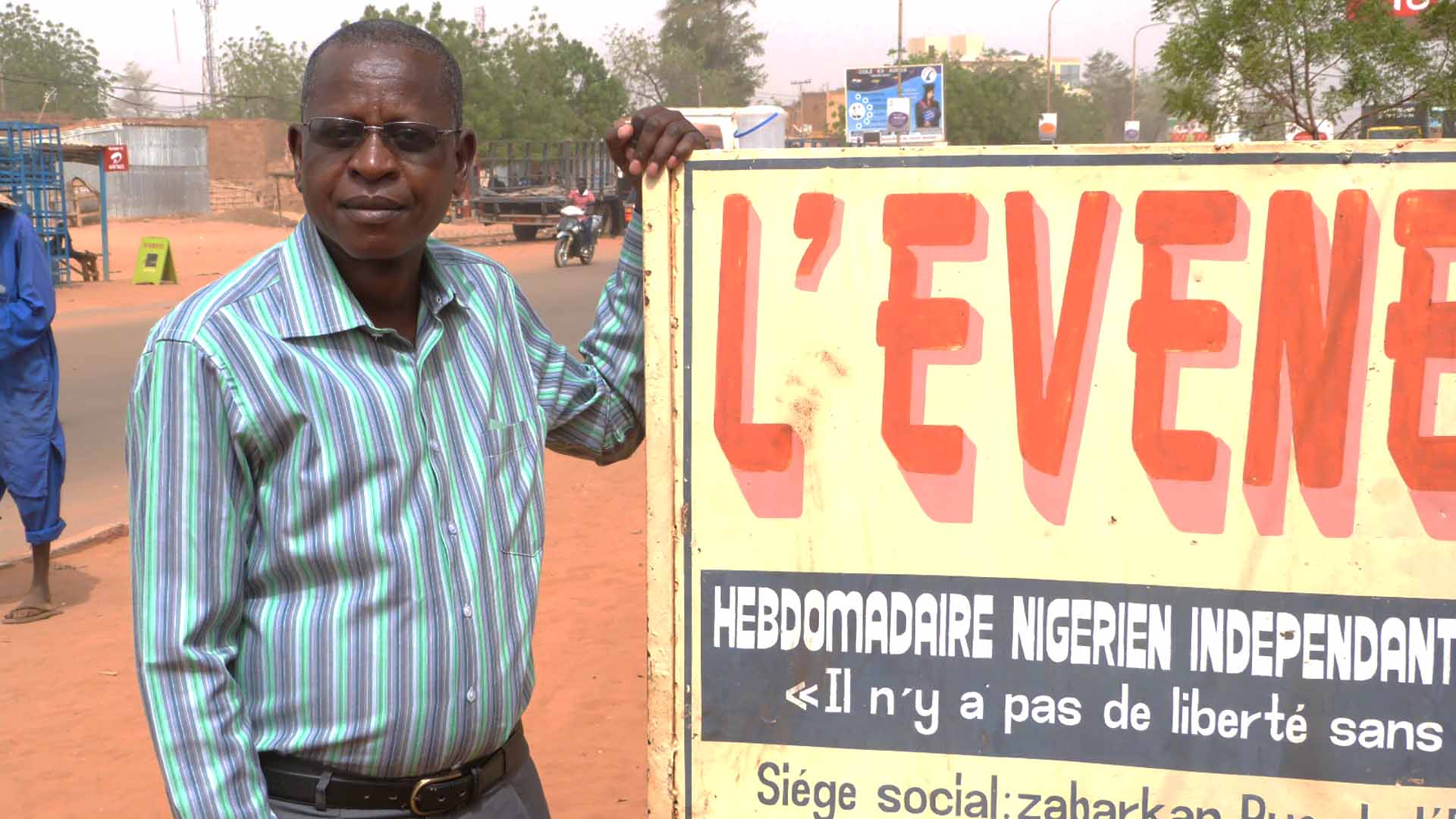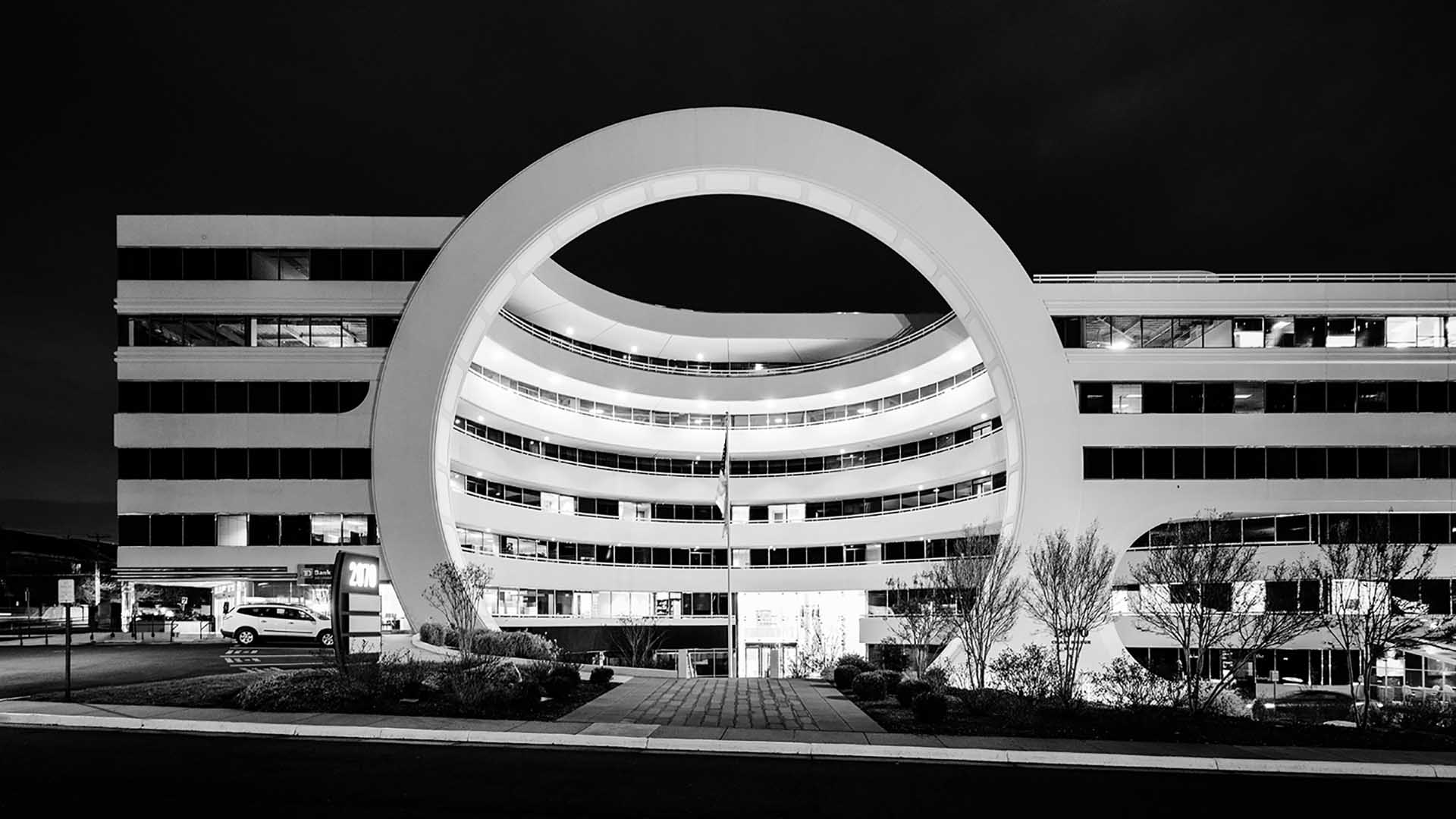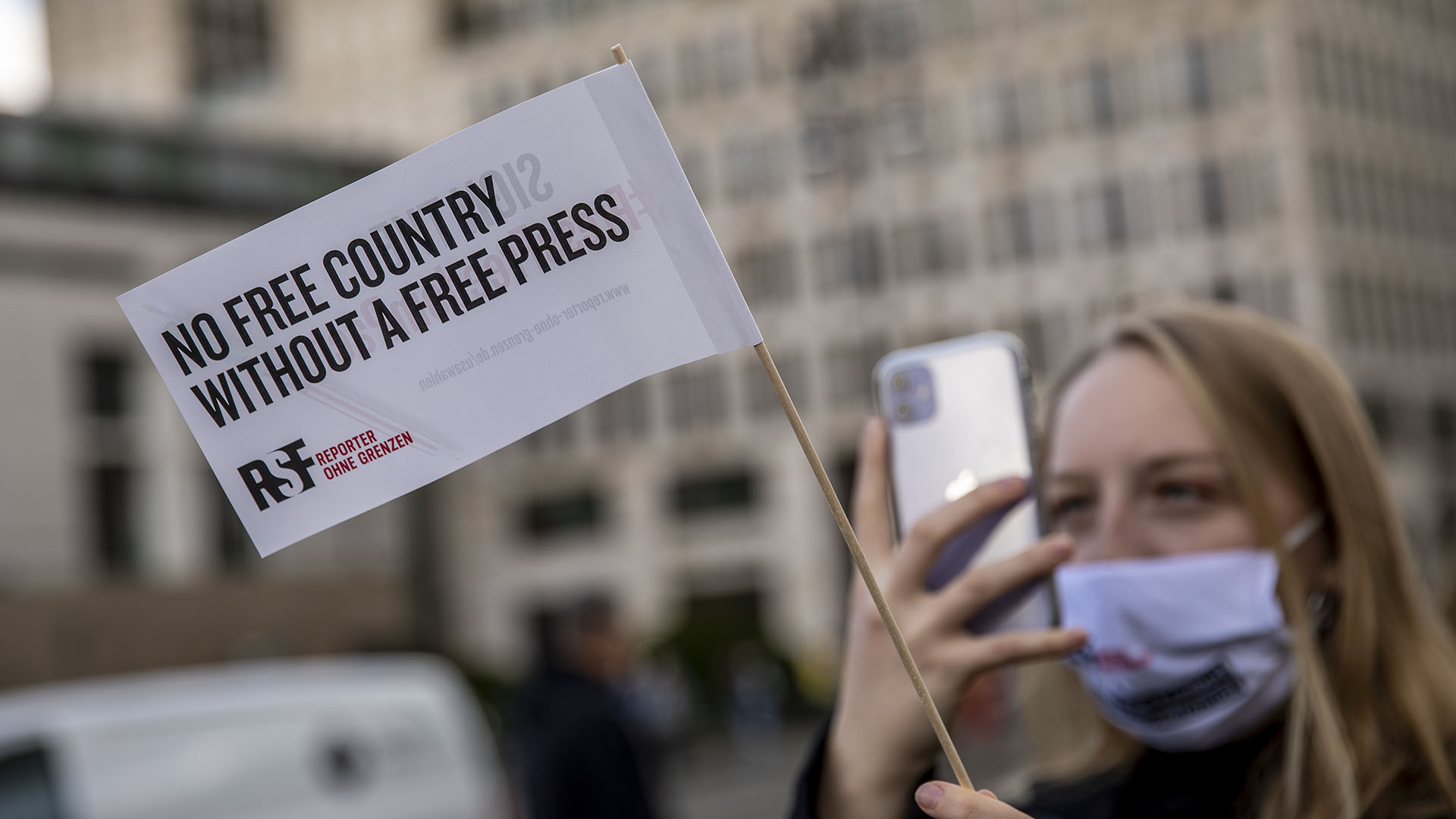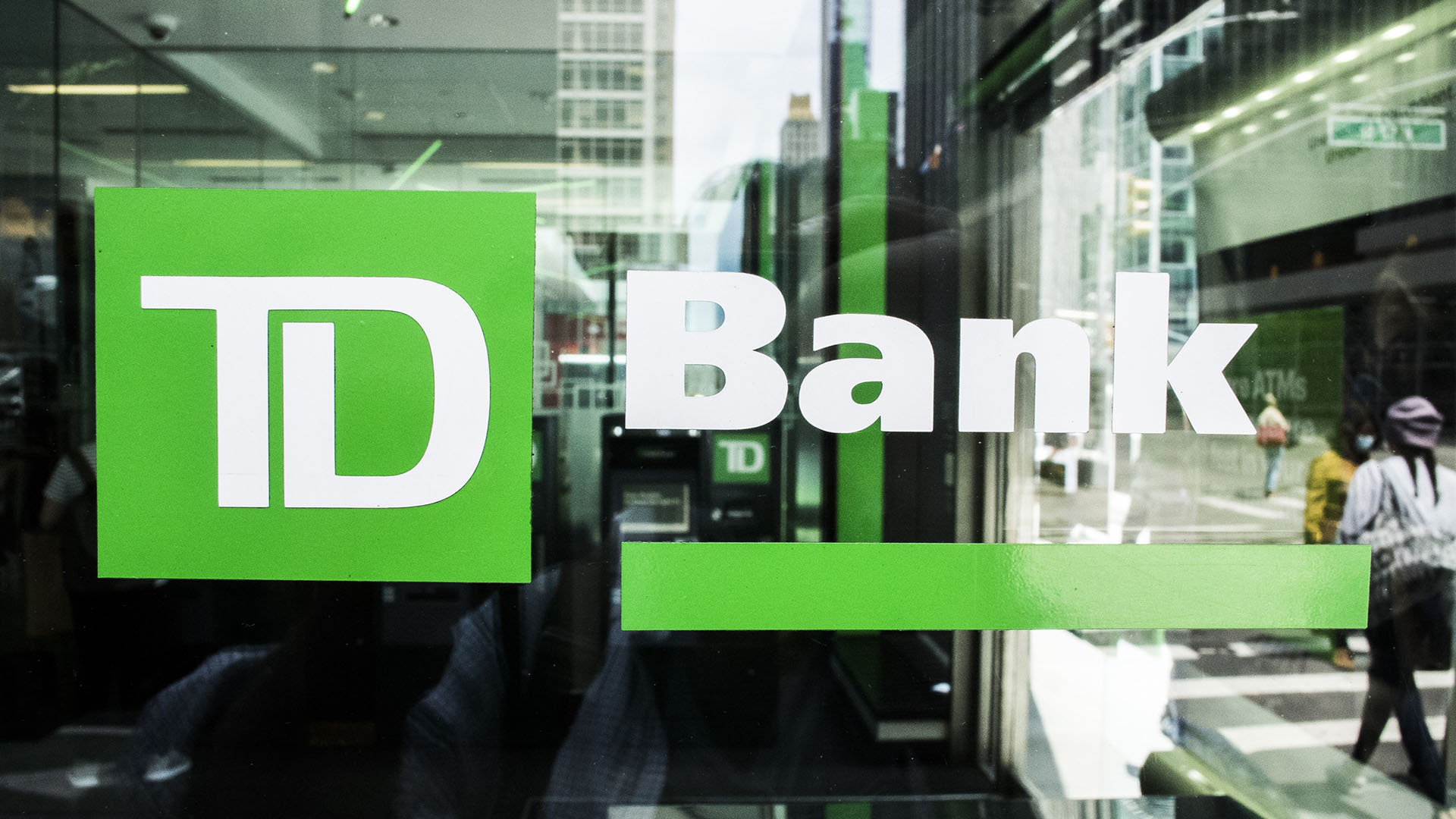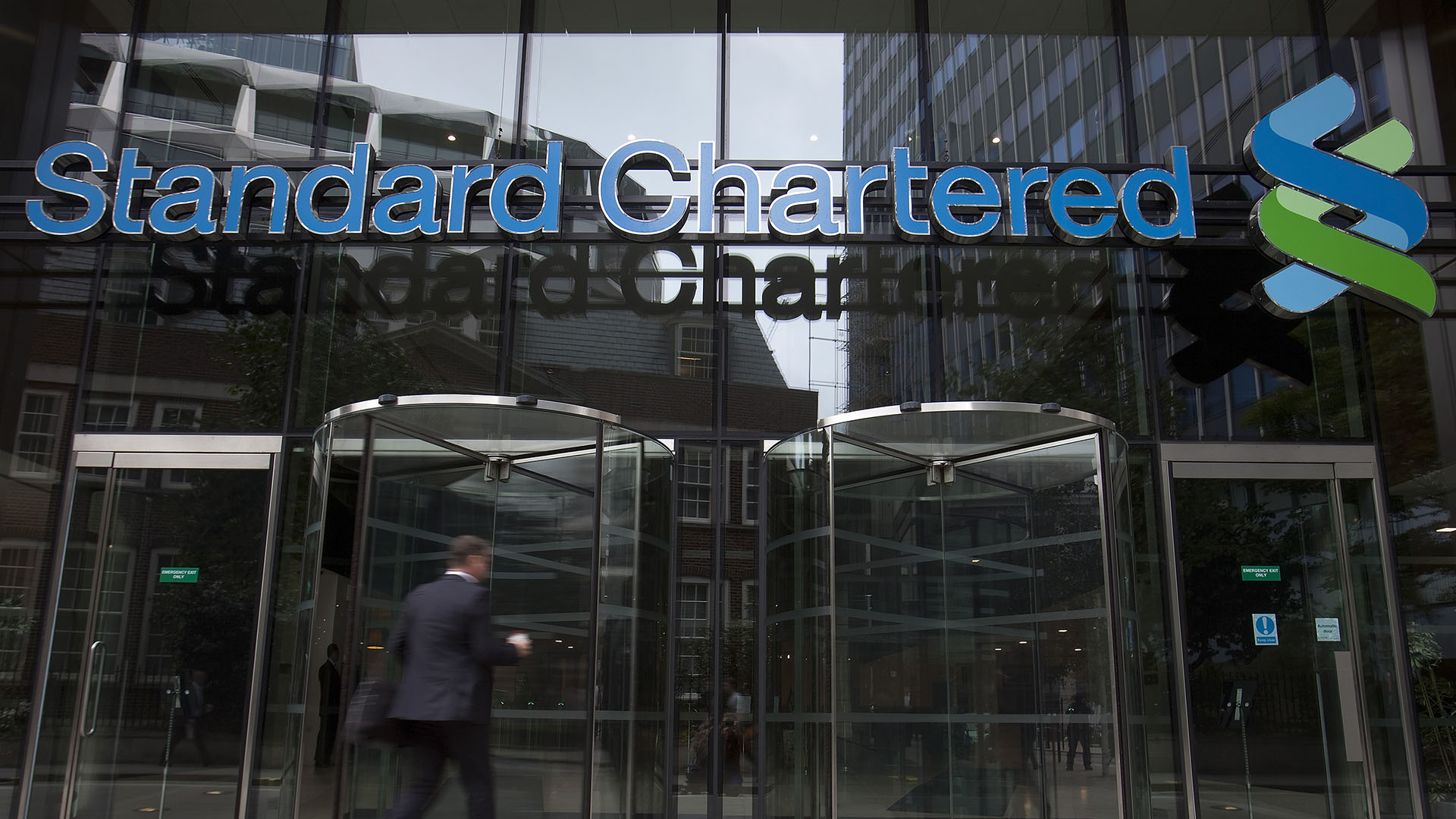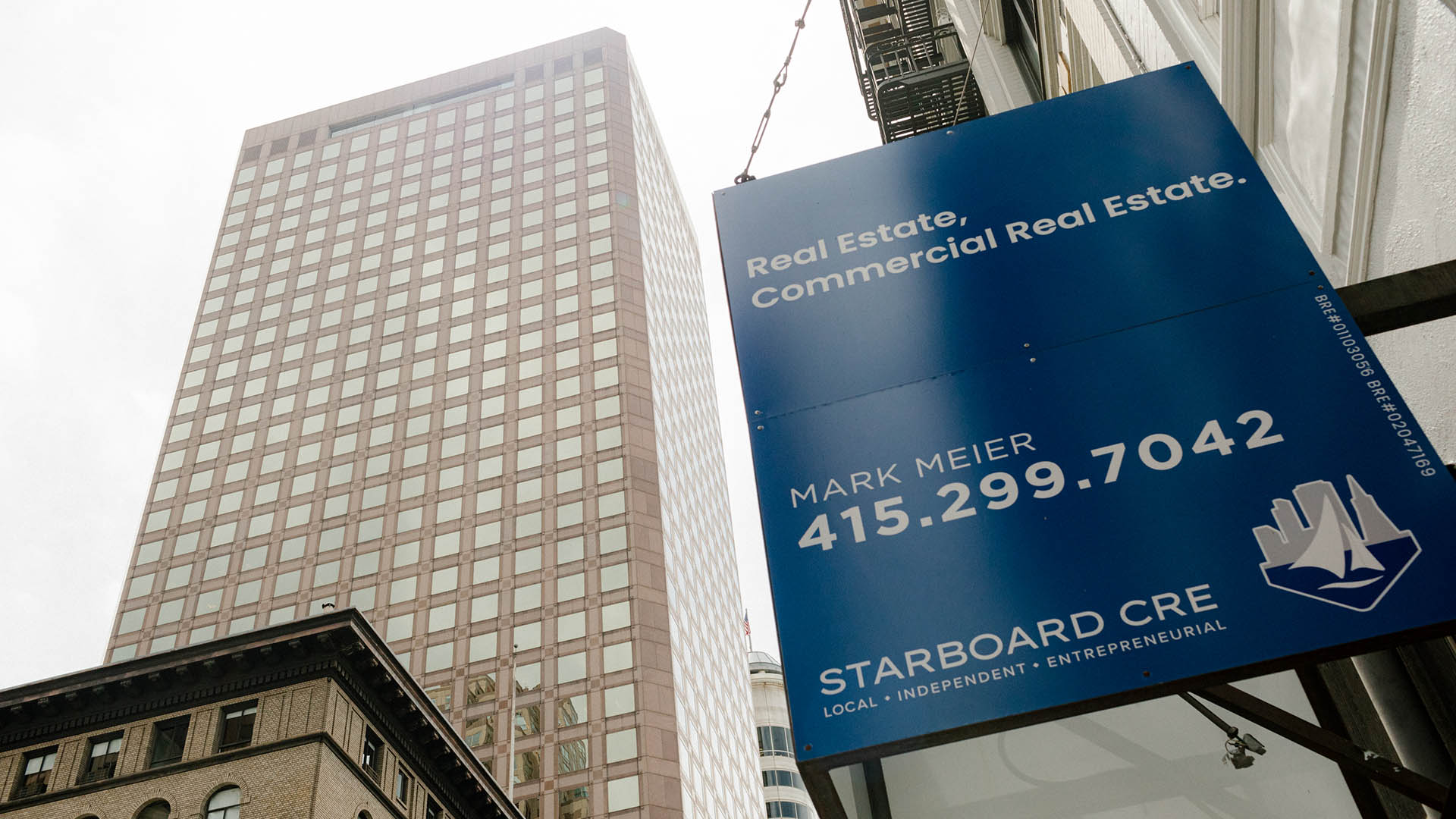English front companies allegedly siphoned millions of dollars from Niger, one of the world’s poorest countries, in a military procurement scandal that has engulfed the country and sparked lawsuits.
Last year, journalists in Niger obtained a confidential audit from the country’s ministry of defense that alleged up to $120 million in defense spending had disappeared from the West African country, often into tax havens and bank accounts controlled by unknown owners.
The newspaper L’Evenement obtained a copy of the audit and revealed that two companies, Halltown Business LLP and Stretfield Development LLP, signed a $2 million agreement for two aging Ukrainian helicopters. L’Evenement’s publisher Moussa Aksar, matched details of the audit with bank records that formed the basis of the FinCEN Files investigation. Aksar is a member of the International Consortium of Investigative Journalists.
Last month, four Niger-based civil society organizations filed paperwork in court in the capital, Niamey, to force the government to open an inquiry into corruption, forgery, and other crimes. As part of the case file, the organizations submitted the L’Evenement’s FinCEN Files investigation.
Never before have so many millions disappeared from state coffers involving senior administration officials and private operators.
— Ali Idrissa, Network of Organisations for Transparency and Budgetary Analysis
According to the Niger audit, the two companies signed a deal in July 2012 worth $2 million. “This apparent contract…was in reality subject to a secret contract of commissions, that is to say, kickbacks,” officials wrote. “This is contrary to regulations and constitutes a collusive maneuver having allowed the withdrawal from the state of $2,000,000.”
The audit alleges that $120 million was lost between 2017 and 2019 through false contracts, much of it going to shell companies, according to L’Evenement.
The FinCEN Files documents show that one company, Halltown Business LLP, received $30,000 in exchange “for textiles” just weeks after it signed the deal to provide helicopters to Niger. The payment, from a Romanian company, passed through Deutsche Bank before reaching Halltown’s Latvian bank account, according to FinCEN Files documents. Halltown Business received another $12,000 in April 2015, leaked FinCEN records show.
The discrepancy between Halltown Businesses’ apparent deals – textiles and military equipment – was one of several red flags that signal possible financial crime, experts told ICIJ.
The owners of Halltown Business LLP are unclear. The U.K. registry lists only two shell companies in the African tax haven island, Seychelles.
Shell company shenanigans
“The large amounts of money in security sector budgets — especially those like in Niger where the country is undergoing significant political violence — combined with a lack of oversight make defense budgets an enticing target for corrupt actors,” said Jodi Vittori, a former lieutenant colonel in the U.S. Air Force and a corruption and national security expert at the Carnegie Endowment for International Peace. “Due to anonymous shell companies and other shenanigans, we largely do not know where the money went, but we know where the money did not go: it did not go to fighting Boko Haram nor any of the other violent actors in the country.”
L’Evenement has recently obtained new documents about the deal and shared them with ICIJ. A copy of the contract between Halltown Business and Stretfield Development confirms the arrangements described by L’Evenement.
Stretfield Development provided Halltown Business with “contacts and inquiry for the project of supplies of military aircraft for Niger Republic” and “mediated” contracts, according to the agreement. In exchange, Halltown Business agreed to forward a commission to Stretfield Development for every deal, the signed contract shows. The document was first obtained by Niger newspaper, La Fraternite.
The same year in which it sealed the $2 million helicopter deal, Halltown filed official paperwork in the U.K. to report that it was “active as a trade agent for clothes and footwear and received commission.” The next year, Halltown Business reported a profit of just over $2,500.
Halltown Business’s public records were signed by Ali Moulaye, a Belgian dentist whose signature appears on 385 U.K. companies named in the FinCEN Files, according to an ICIJ analysis. Nine of these companies alone received $4.1 billion in their bank accounts while reporting less than $500,000 during the same period, according to the analysis.
Moulaye has never been charged with wrongdoing. He told ICIJ media partner, Knack, that he knew nothing about the false financial statements. “My signature can be falsified by anybody,” Moulaye said. “That is not difficult. It’s a circle and two lines … I know nothing about it.”
A push for a government inquiry
Ali Idrissa, a leading Niger activist, spearheaded the lawsuit filed by civil society organizations last month that seeks to force the government into action. Niger’s prosecutor has not yet responded, Idrissa told ICIJ.
“This is the scandal of the century,” Idrissa said. “Never before have so many millions disappeared from state coffers involving senior administration officials and private operators.”
“All these people go unpunished, but the journalists and civil society whistleblowers are in prison and dragged in front of the courts for this same dossier,” said Idrissa, head of the nonprofit Network of Organisations for Budgetary Transparency and Analysis.
Last month, Aksar received notice to appear at court to face libel charges brought by an expatriate Nigerien living in Belgium who Aksar discussed in his investigation. Neither the plaintiff nor his attorney appeared at court on the day set for the first meeting.
Boudal Effred Mouloul, Aksar’s attorney, told ICIJ that the accusations are baseless. The attorney said he had not heard from the plaintiff or his lawyers since the no-show last week. “It is up to them to call us to a new hearing,” he said.
Aksar told ICIJ he has previously received death threats from people allegedly involved in the military procurement scandal.
